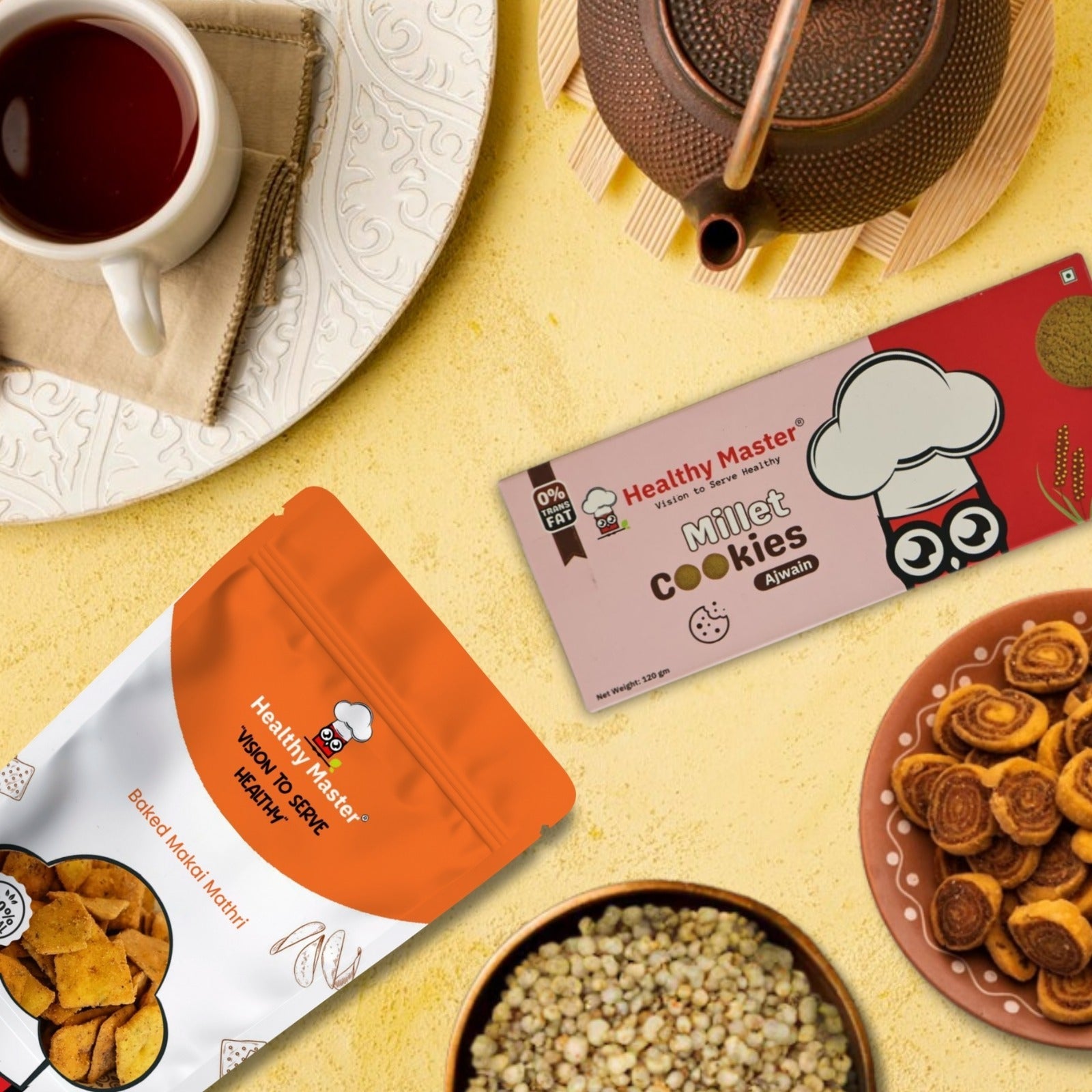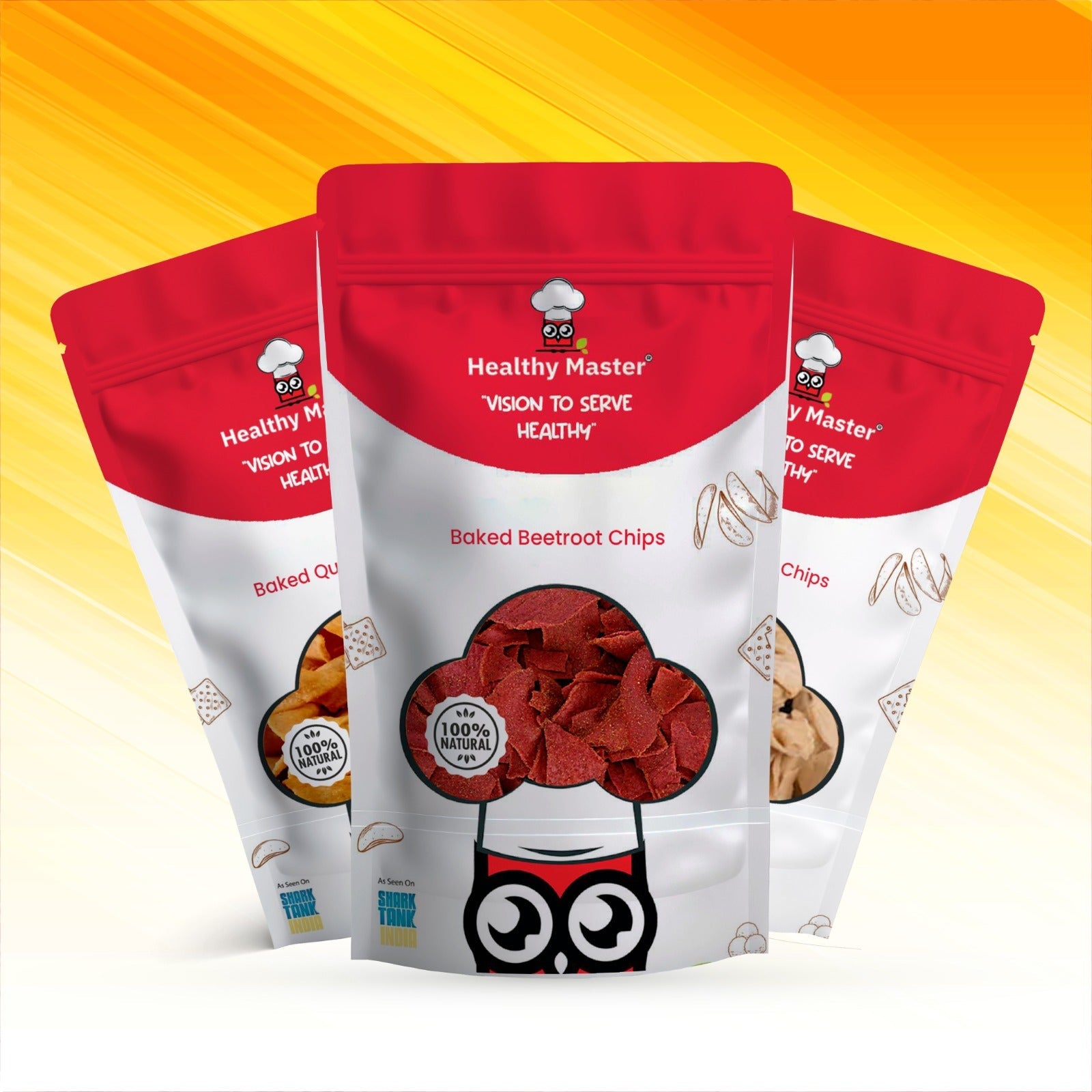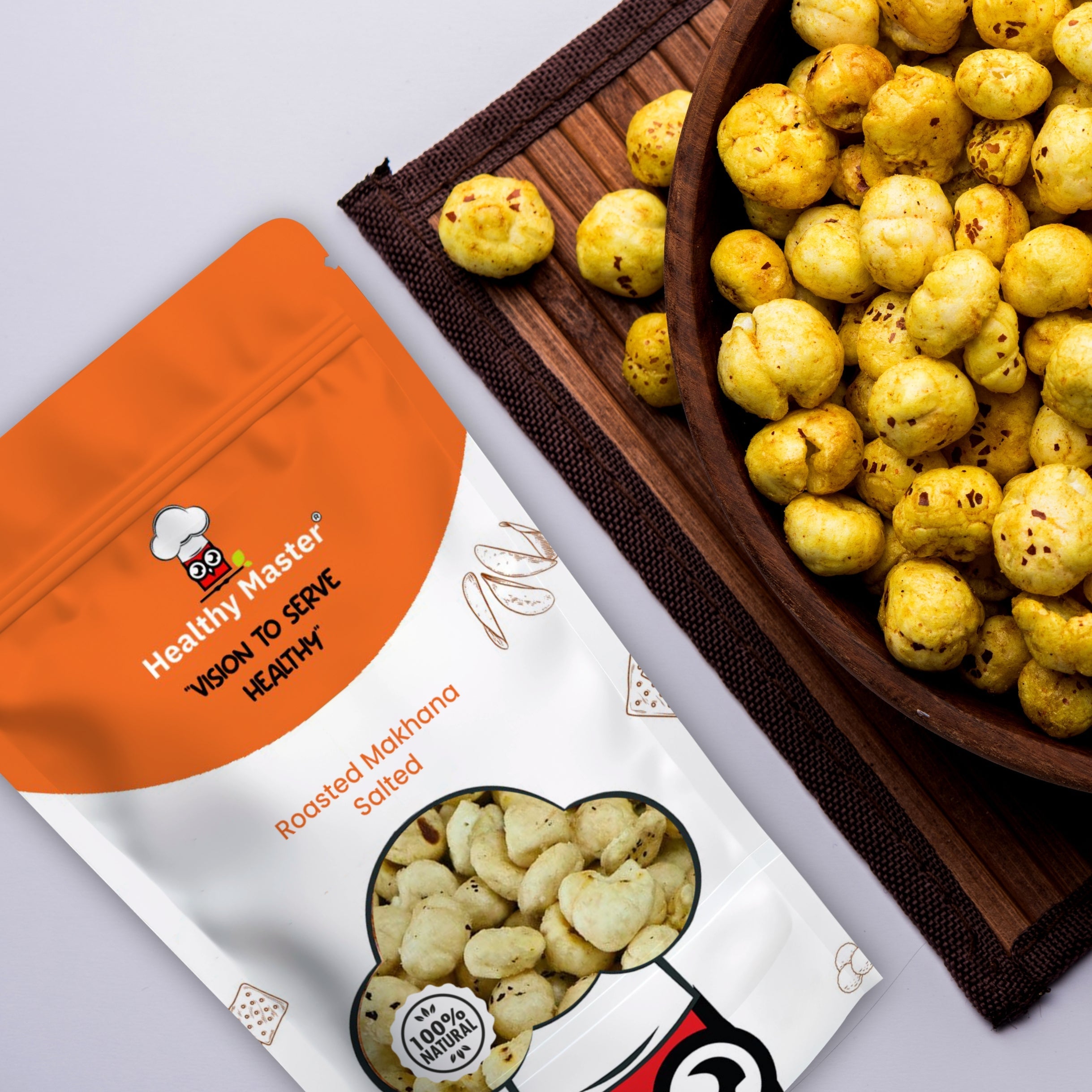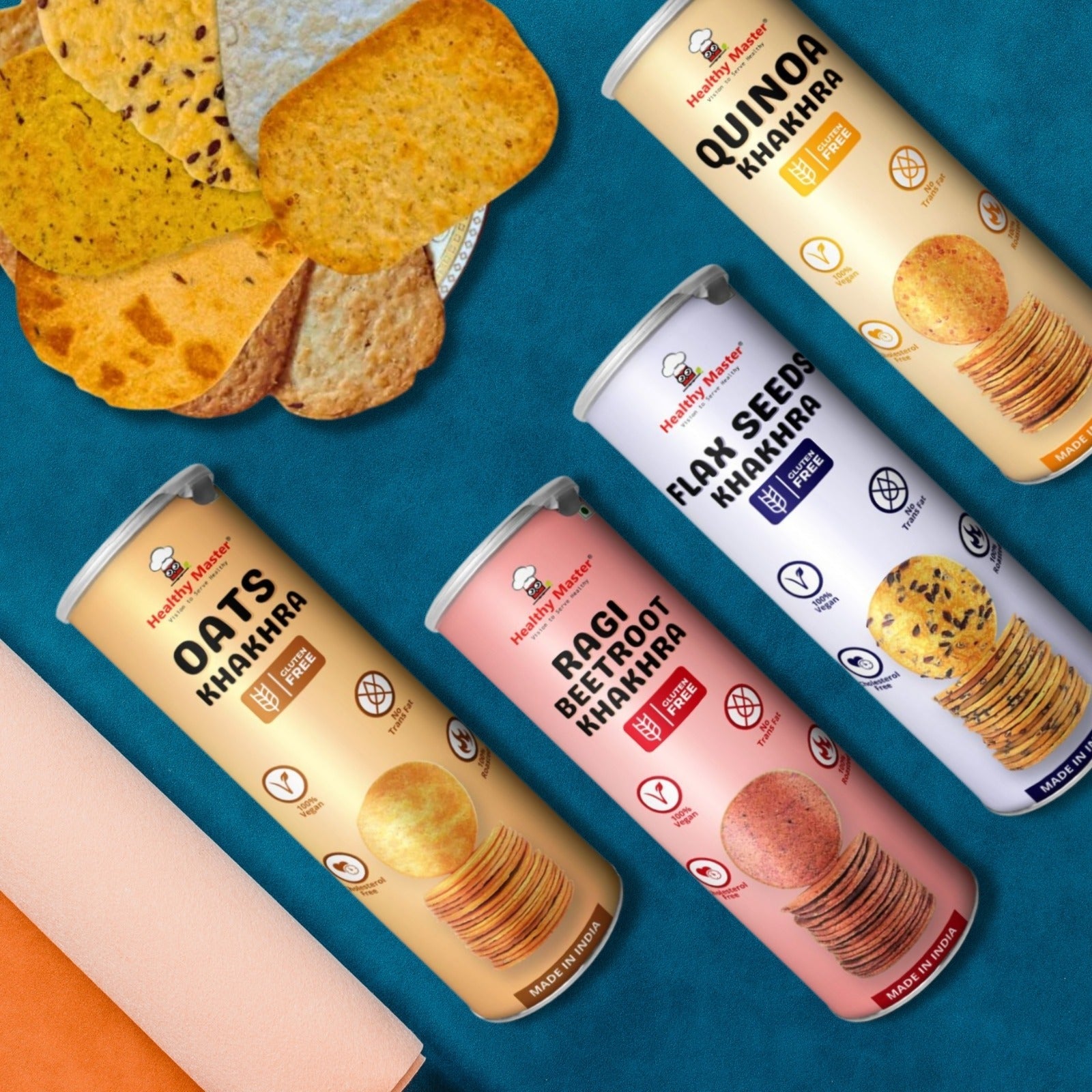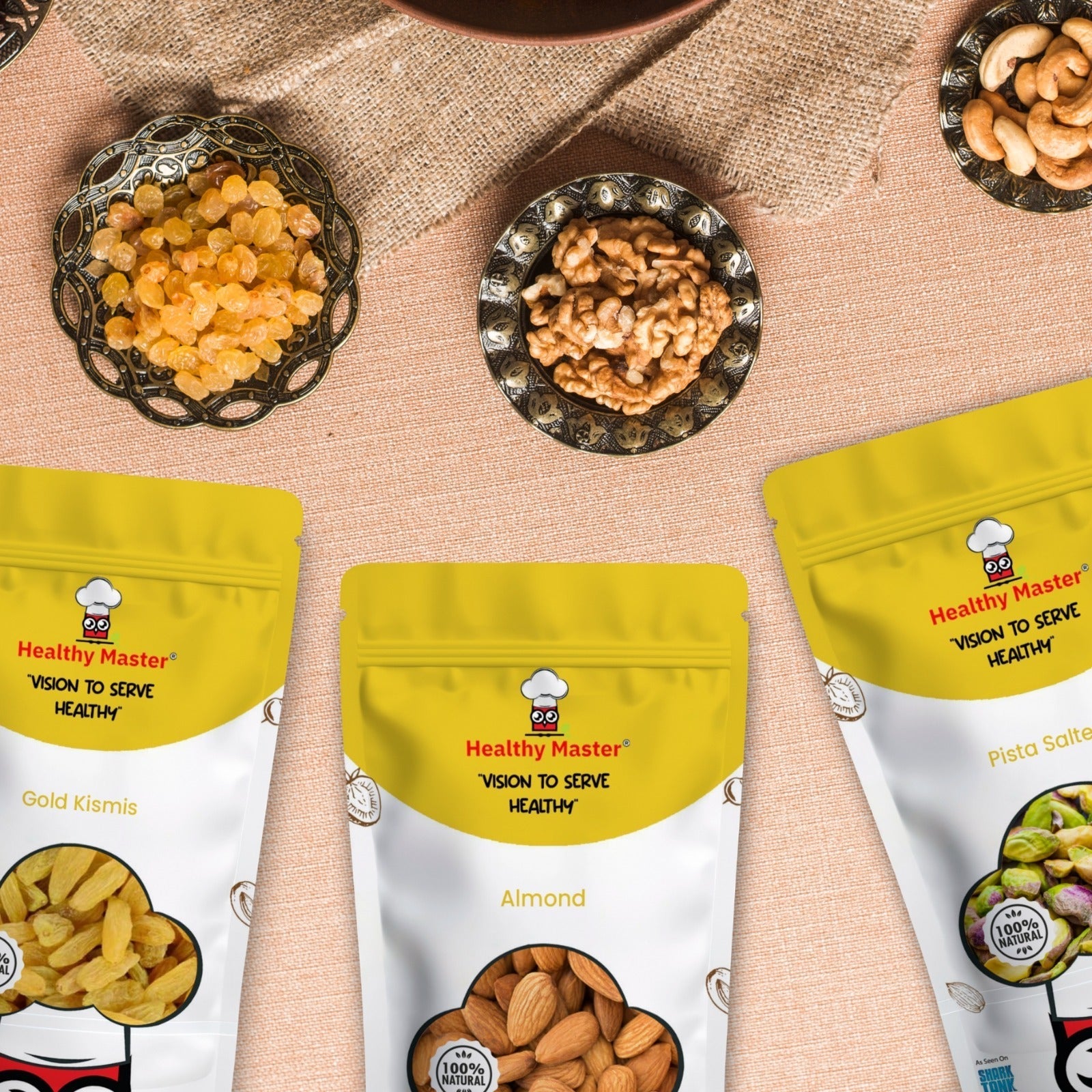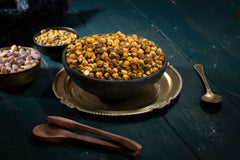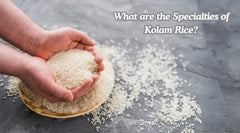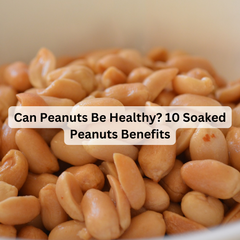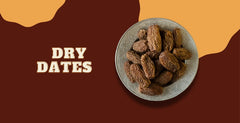When you're thinking about starting or expanding your family, you begin paying attention to everything: your sleep, your cycle, even your stress. But perhaps the most neglected part of fertility is what you're putting on your plate.
Yes, you heard that correctly. The best foods to increase fertility aren't simply a health fad; when it comes to enhancing your reproductive health, they're actually a proven, science-backed option. And the best news? It has nothing to do with complex regimens or mysterious superfoods.
The best foods to increase fertility are likely already sitting in your kitchen, or just a minor lifestyle change away. This blog demystifies which foods actually enhance fertility in your body, based on science, with a dash of common sense, and served up with a heaping spoonful of understanding.
Whether you're trying to conceive for the first time, dealing with a condition like PCOS, or simply trying to synchronize your hormones, this guide is for you.
Why Does Food Matter for Fertility?
Do you know why food is such a large player?
It’s because reproduction, at its roots, is regulated by a precise orchestra of hormones, estrogen, progesterone, FSH, LH, testosterone, and so on. These hormones are regulated by blood sugar, body fat, inflammation, gut health, and availability of nutrients, all of which are, you guessed it right, connected to your diet. Science indicates that a balanced, nutrient-rich diet can:
-
Help you facilitate regular ovulation.
-
Improve your sperm and egg quality.
-
Support your implantation and uterine well-being.
-
Reduce the risk of miscarriage.
-
Alleviate the effects of PCOS and endometriosis.
And it's not only about what women are eating; male fertility, too, relies on diet as well. So this isn't a single act; it's something both partners need to undertake together.
Also Read: Poppy Seeds Benefits
Food to Increase Fertility
-
Anti-Inflammatory Choices
Inflammation is one of the biggest silent disruptors of fertility. Chronic inflammation in your body can interfere with ovulation, sperm quality, and implantation.
That’s why the best food to increase fertility is rich in anti-inflammatory compounds. That includes:
-
Bright-colored vegetables like carrots, beets, and capsicums.
-
Omega-3 rich seeds and nuts.
-
Cold-pressed oils like flaxseed or olive oil.
-
Turmeric and ginger.
These foods help you calm the internal storm and create an environment where fertility can thrive. Bonus? They support your overall immunity, digestion, and skin health too.
-
Greens Leafy Veggies: Nature’s Fertility Boosters
You knew this one was coming right! Leafy greens like spinach, kale, fenugreek, amaranth, and mustard leaves are loaded with:
-
Folate (vital for DNA synthesis and preventing neural tube defects)
-
Iron (key to building a strong uterine lining)
-
Calcium and magnesium (important for hormone signaling)
These greens, being low in calories and high in nutrients, are some of the most powerful foods to increase fertility for women. Add spinach to your millet upma or knead palak purée into your roti dough. Or simply buy Healthy Master’s Palak chips for healthy snacking.
-
Whole Grains & Millets: Fertility-Friendly Carbs
Carbs have been villainized in the world of fertility, but the fact is, not all carbs are created equal. Highly processed carbs such as white bread or cereals laden with sugar cause a spike in insulin levels, which consequently throws hormones out of whack.
But whole grains? Millets? They're a story for another time.
Packed with fiber, B vitamins, and slow-digesting carbs, they stabilize blood sugar and facilitate steady hormone function.
Some great ones include
-
Ragi (finger millet) – excellent for calcium and iron
-
Foxtail millet – rich in magnesium
-
Jowar and bajra – useful for warming, stabilizing energy before conception
Replace normal noodles or maida-based snacks with our millet noodles or roasted millet khakhras at Healthy Master. They're tasty, crunchy, and contain zero junk.
-
Nuts & Seeds: Essential Food to Increase Fertility
If there’s one thing we recommend for every fertility-focused diet, it’s a daily dose of seeds and nuts. These are concentrated sources of good fats, zinc, protein, and antioxidants.
Top fertility-friendly choices:
-
Sunflower seeds – rich in selenium and vitamin E.
-
Pumpkin seeds – packed with zinc for testosterone production.
-
Flaxseeds – excellent plant-based omega-3s.
-
Chia seeds – regulate estrogen levels and improve cervical mucus.
-
Almonds and walnuts – protect eggs and sperm from oxidative damage.
Add seeds to smoothies, salads, or homemade granola. Or just grab a ready-made Healthy Master Seed Mix that does the job deliciously.
-
Fruits & Berries: Antioxidant-Rich Sweet Treats
Your fertility diet doesn’t have to be so boring. You can also keep it sweet, chewy, juicy fruits, especially berries, citrus, pomegranate, and kiwi, that give your body powerful antioxidants that:
-
Protect eggs and sperm from damage
-
Boost immunity during preconception
-
Improve blood flow to reproductive organs
Did you know? Berries contain anthocyanins, which help support ovarian tissue and reduce age-related decline in fertility. Make a breakfast bowl with banana, Greek yogurt, dried berries, and a sprinkle of seeds. It’s basically a fertility smoothie in a bowl.
-
Plant-Based Proteins: Hormone-Friendly Fuel
Best food to increase fertility almost always includes legumes, lentils, and beans, especially for vegetarians. Not only are they rich in protein and iron, but they also help reduce inflammation and support progesterone production.
-
Chickpeas
-
Black beans
-
Tofu or paneer
-
Sprouted moong and masoor
Studies show that replacing some animal protein with plant-based protein may reduce the risk of ovulatory infertility by over 50%. Feeling creative? Whip up a millet khichdi with lentils and ghee, or use sprouted moong in a fresh salad with lemon and rock salt.
-
Full-Fat Dairy: Surprising Fertility Ally
Here's something everyone gets wrong: low-fat dairy isn't necessarily better for fertility. In fact, full-fat dairy includes key fat-soluble vitamins (such as D and A) that aid in hormone production and ovulation.
Options to include:
-
Full-fat yogurt with seeds and berries
-
Homemade paneer in sabzis
-
A small glass of full-cream milk (best if A2 or organic)
Fun fact: Women who ate one serving of full-fat dairy a day performed better on fertility measures than those eating low-fat versions, according to a 2007 Harvard study. Just keep the portion sizes under control in order not to eat too much saturated fat.
-
Herbs & Spices: Age-Old Fertility Boosters
Our ancestors knew what modern science is rediscovering. It’s about certain herbs and spices that support fertility naturally. You can try:
-
Ashwagandha it balances stress and cortisol.
-
Shatavari supports female reproductive health.
-
Turmeric is anti-inflammatory and immune-modulating.
-
Cinnamon powder improves insulin sensitivity, especially for women with PCOS.
Always check with your healthcare provider before taking herbs as supplements, but these can be gently added to daily teas or meals for ongoing support.
-
Hydration & Clean Beverages
Dehydration may seem like a small issue to some, but it can directly affect cervical mucus quality (which is important for sperm transport), hormone distribution, and detoxification.
Stay hydrated with:
-
Plain water.
-
Infused waters with mint, cucumber, or lemon.
-
Fertility-friendly teas like raspberry leaf or spearmint (especially beneficial for PCOS).
You should try avoiding sugary juices and excess caffeine. Remember, hydration is very important in your fertility journey.
Also Read: Best Seeds for Female Fertility
What to Avoid: Foods That May Harm Fertility
Now that we’ve covered what to eat, here’s what to watch out for:
-
Refined sugars and white flour
-
Trans fats (often in fried or packaged foods)
-
Processed meat and excess red meat
-
Artificial sweeteners
-
Alcohol and smoking
-
Too much caffeine
These can increase inflammation, interfere with hormone signaling, and reduce egg/sperm quality over time. Instead, choose clean, natural alternatives like Healthy Master's roasted snacks, crafted without preservatives, artificial flavors, or chemicals.
Final Thoughts: Real Food. Real Fertility Support.
If you’re looking for the best food to increase fertility, the answer is simple: keep it all, consistent choices that nourish your body, calm your system, and balance your hormones. It's not about perfection, it's about connection. Connection with your food, your body, your cycle, and your partner.
So whatever it is, whether it's substituting white rice for foxtail millet, tossing a trail mix into your smoothie, or stashing a bowl of roasted nuts in your office bag, all of these little things count. At Healthy Master, we know that fertility begins in the kitchen. That's why we design snacks and ingredients that nurture hormonal health without ever sacrificing taste, convenience, or purity.
Ready to snack smarter for fertility?
Explore our Millet & Seed-Based Fertility Boosters Today
Frequently Asked Questions
-
How long does it take for a fertility diet to work?
Typically, 3 to 6 months of consistent eating habits can positively influence egg/sperm quality and hormone balance.
-
Can men also benefit from these fertility foods?
Absolutely. Many of the nutrients, like zinc, selenium, and omega-3s, are essential for sperm health, motility, and DNA integrity.
-
Is it okay to snack while trying to conceive?
Yes, but choose smart snacks rich in whole grains, nuts, and seeds. Avoid processed, sugary, or fried options that disrupt hormones.
 Deal of the week : Trial Snack Box - 18 Wholesome Delights Just at ₹ 899.00
Deal of the week : Trial Snack Box - 18 Wholesome Delights Just at ₹ 899.00


